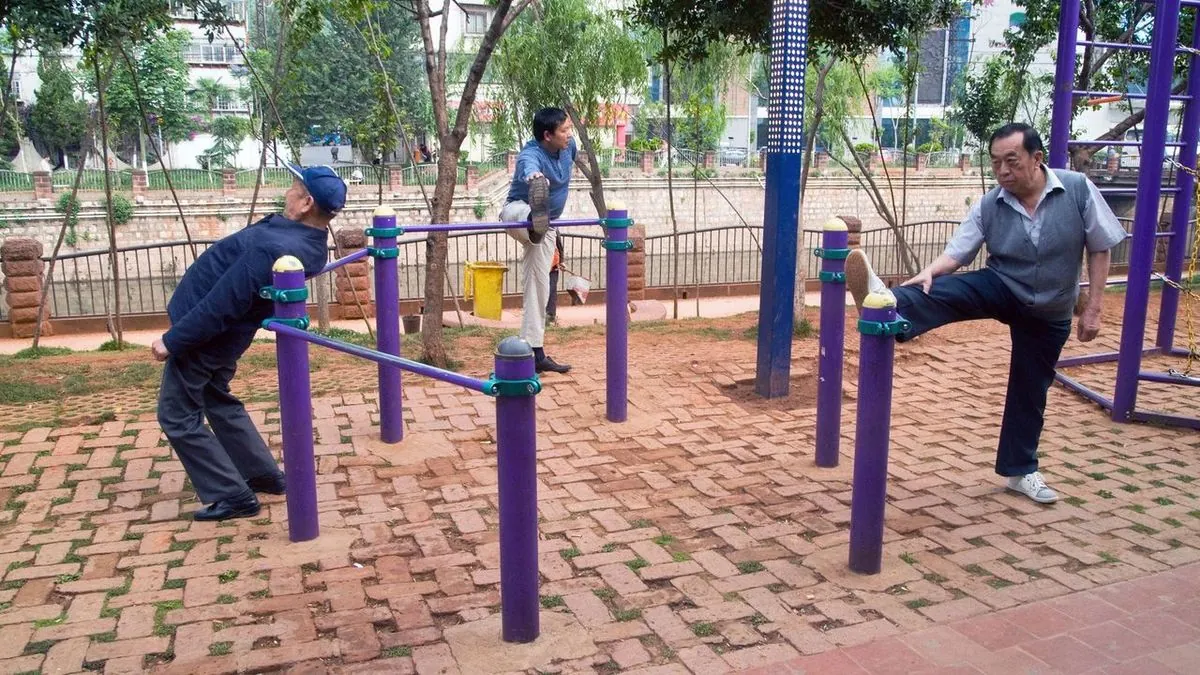China has unveiled plans to gradually raise its retirement ages over the next 15 years, marking the first such change since the 1950s. This move, while unprecedented, is widely regarded as inadequate to address the country's looming demographic crisis.
Currently, China's retirement ages are among the world's lowest, with men retiring at 60, women in white-collar jobs at 55, and women in blue-collar jobs at 50. The proposed changes will increase these ages to 63, 58, and 55, respectively, by 2040.
The retirement system, initially modeled after the Soviet Union, has remained unchanged for decades despite significant increases in life expectancy. China's average life expectancy now stands at 78 years, highlighting the growing disparity between retirement age and lifespan.
China faces a rapidly aging population, with projections suggesting that 28% of the population will be over 60 by 2040. This demographic shift is compounded by declining birth rates and a shrinking workforce, creating an "inverted pyramid" where fewer young people support an increasing number of retirees.
The government's cautious approach to raising retirement ages stems from several factors:
- Historical context: Early retirement was part of the social contract in communist states.
- Public sentiment: Delaying pensions is universally unpopular.
- Economic challenges: China's slowing economy complicates pension reforms.
- Elder poverty: Many retirees, especially in rural areas, already struggle financially.
China's pension system faces significant challenges. The urban worker pension fund is estimated to be depleted by 2035, and local government debt has led to benefit cuts in some areas. The public largely views retirement provision as the government's responsibility, with attempts to promote individual retirement accounts failing to gain traction.
"The grim economic mood also makes young people less likely to save for retirement or to have kids."
The government's "common prosperity" economic policy, championed by President Xi Jinping, conflicts with the retirement challenges. Increasing immigration, a potential solution for aging populations, would likely face resistance due to ethnonationalist sentiments.
As China grapples with these complex issues, the recent announcement of gradual retirement age increases appears to be a tentative step rather than a comprehensive solution to its demographic and economic challenges.
